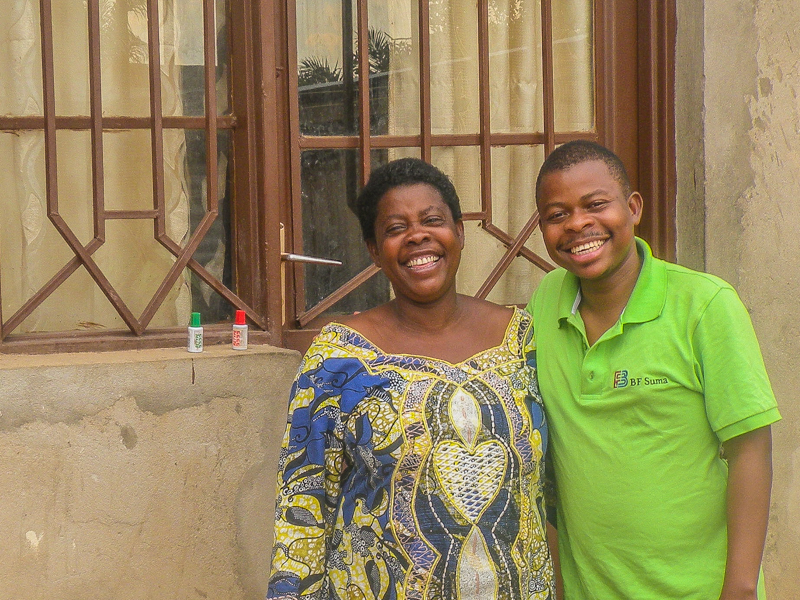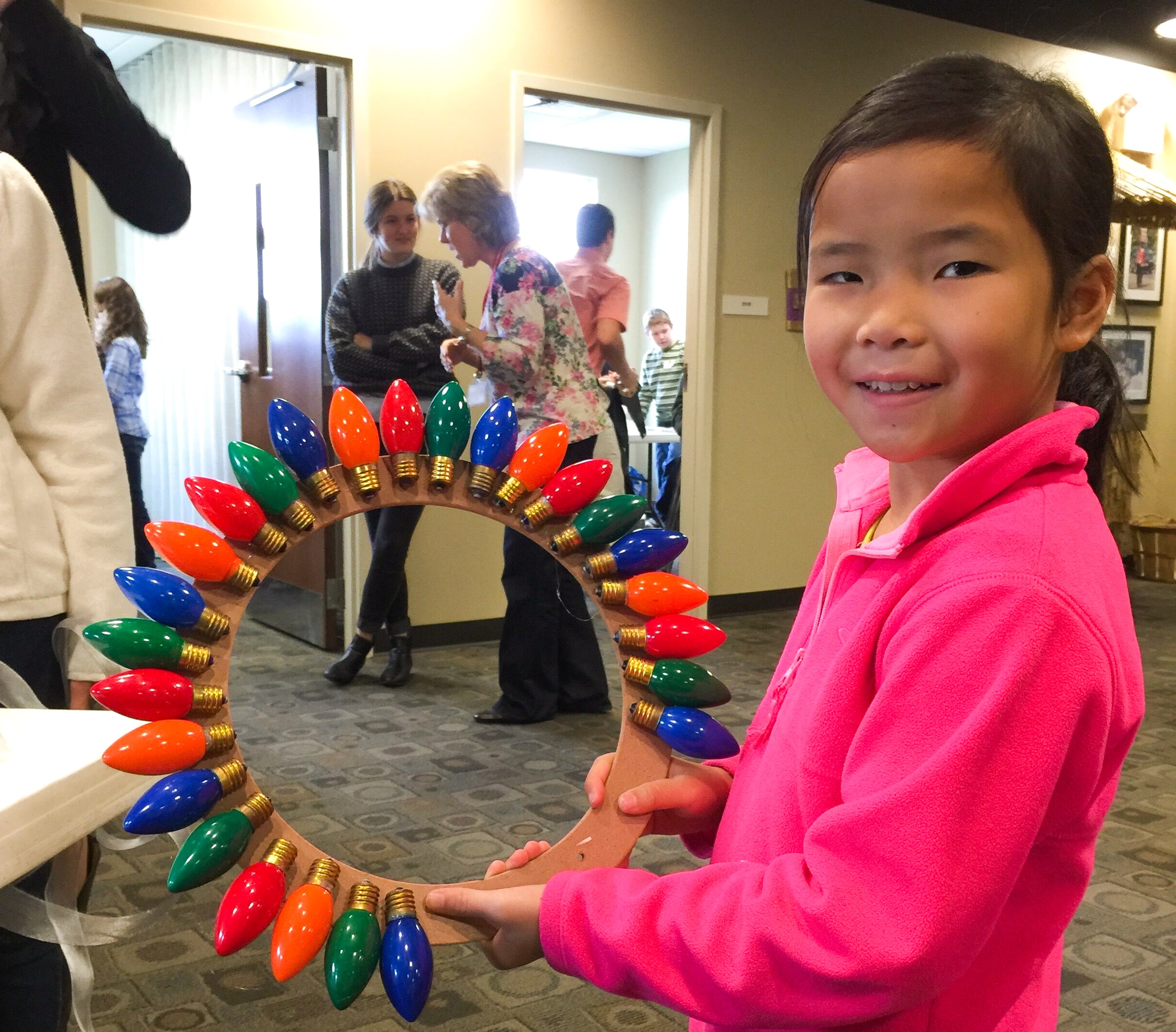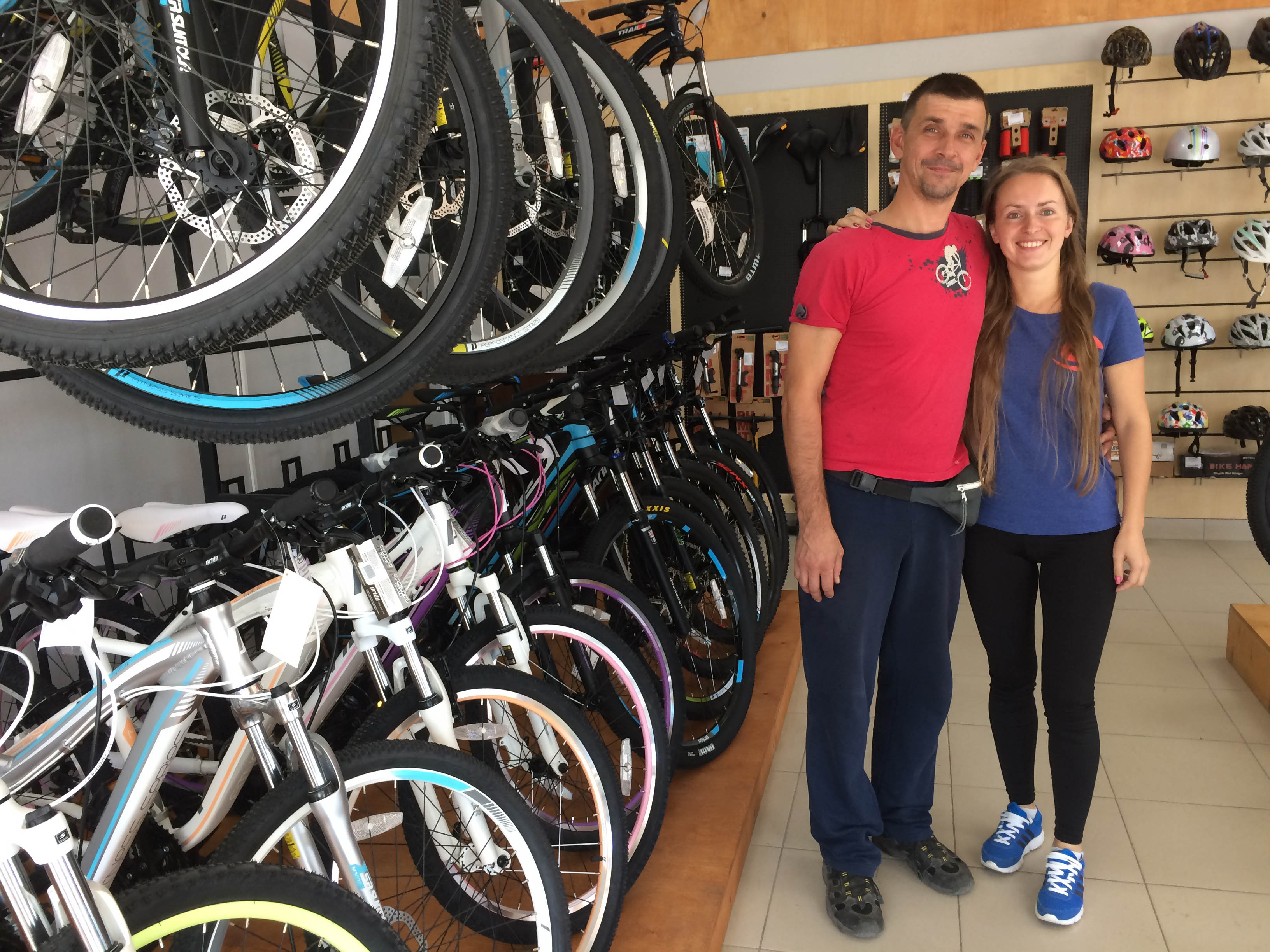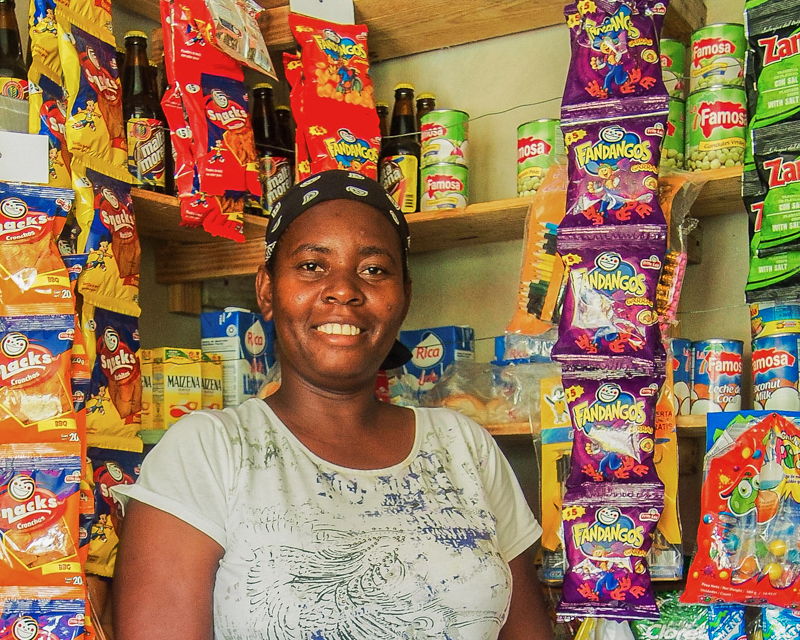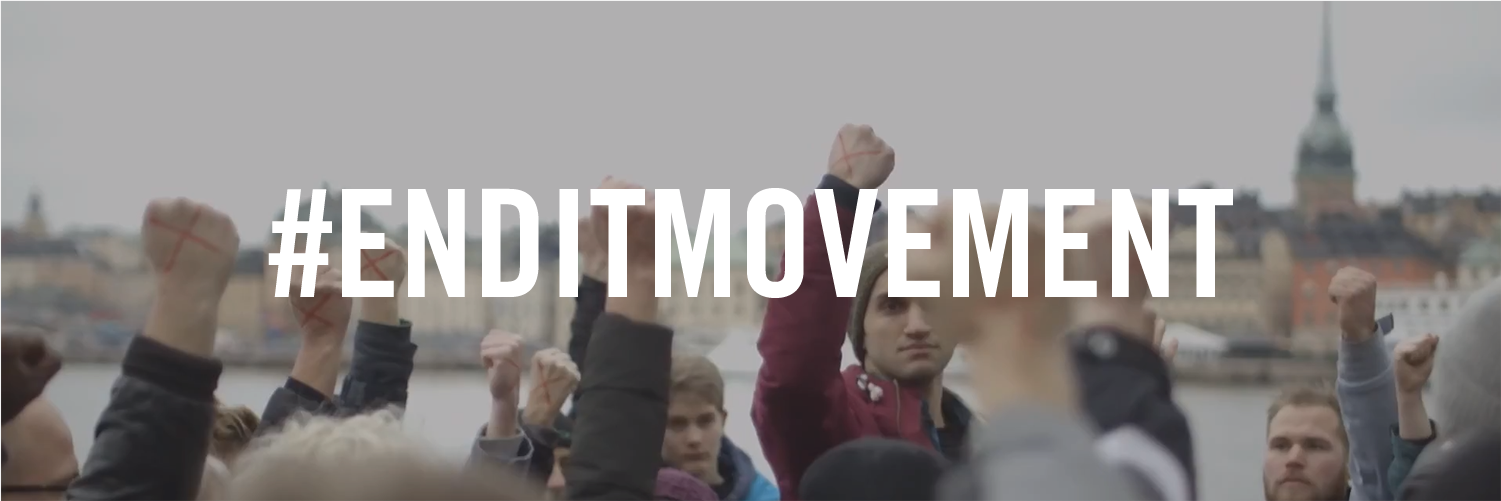In 2017, through our blog, we’ve shared a few of the stories of the men and women we serve worldwide, along with insights into our work and the communities where we serve. We hope that you’ve been encouraged, challenged, and inspired in your own life to grow in faith and service to the Kingdom. In case you missed any of these popular blog posts, here are the most-read posts from 2017. Continue Reading…
Archives For microfinance
HOPE Intl
HOPE Intl
Staff / Travels Stories we loveFor 51 weeks of the year, the front lobby of Willowdale Chapel’s Kennett Square campus is an airy space with cozy chairs and a café. But one Sunday each December, the room transforms into the HOPE Market—a vibrant, bustling marketplace operated by the church’s youngest entrepreneurs.
The wooden tables where people usually chat over coffee instead display greeting cards and candles, wooden clocks and mini-marshmallow shooters, all handcrafted by the children at Willowdale. With each sale, the kids work toward paying back the small loan they received from the church to make their item. Once that’s done, they give their profits to HOPE International. Last year, all their work totaled up to being a significant gift of $5,000.
“Part of our church’s vision is to love the world that Jesus is working to restore, and we wanted our youth to really learn what that means and to be a part of it,” says Jodi Byrne, who serves as a children’s ministry pastor at Willowdale Chapel, a church network in southeastern Pennsylvania that partners with HOPE.
The kids are invited to explore the role they play in that restoration during the three months leading up to the HOPE Market.
HOPE Intl
HOPE Intl
Microfinance Stories we loveHOPE Intl
By HOPE Intl
News
HOPE Intl
HOPE Intl
News Stories we loveToday, thousands will mark their hands with a bright red “X,” demonstrating their commitment to ending modern slavery. Since 2013, the END IT movement, a coalition of leading organizations committed to shining a light on slavery, which can include sex trafficking, bonded labor, and forced labor.
In many countries throughout the HOPE network, we serve a population that is vulnerable to human trafficking and forced labor. Traffickers prey on those living in poverty, and several of the countries in which we work have some of the most prominent human trafficking industries in the world. While HOPE does not work directly with anti-trafficking agencies, our work in poverty alleviation addresses many of the root causes of modern slavery. Our approach is to move upstream from the problem in an attempt to prevent the conditions and vulnerability that traffickers prey on. Here’s how:
1. Jobs create opportunities.
With few options to provide for their families, many people living in poverty willingly enter bonded labor. Or, they are baited with the promise of a job in another country, realizing upon arrival that they’ve been lied to. Even more tragically, families in destitute financial situations are often forced to give up one child to feed the rest of their family.* When families have meaningful work to support themselves, they are spared from making these kinds of decisions.






